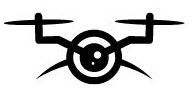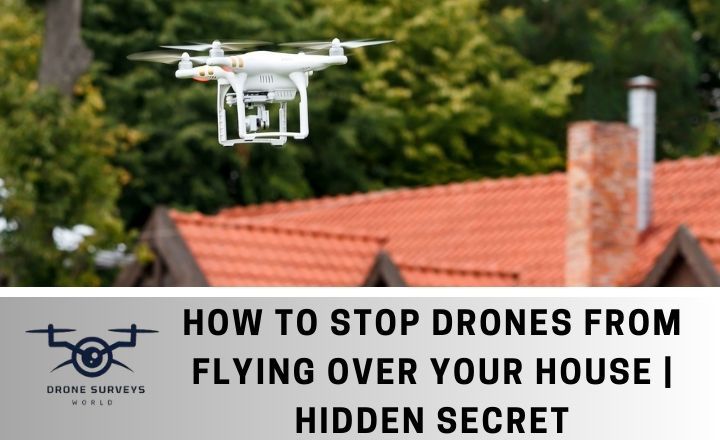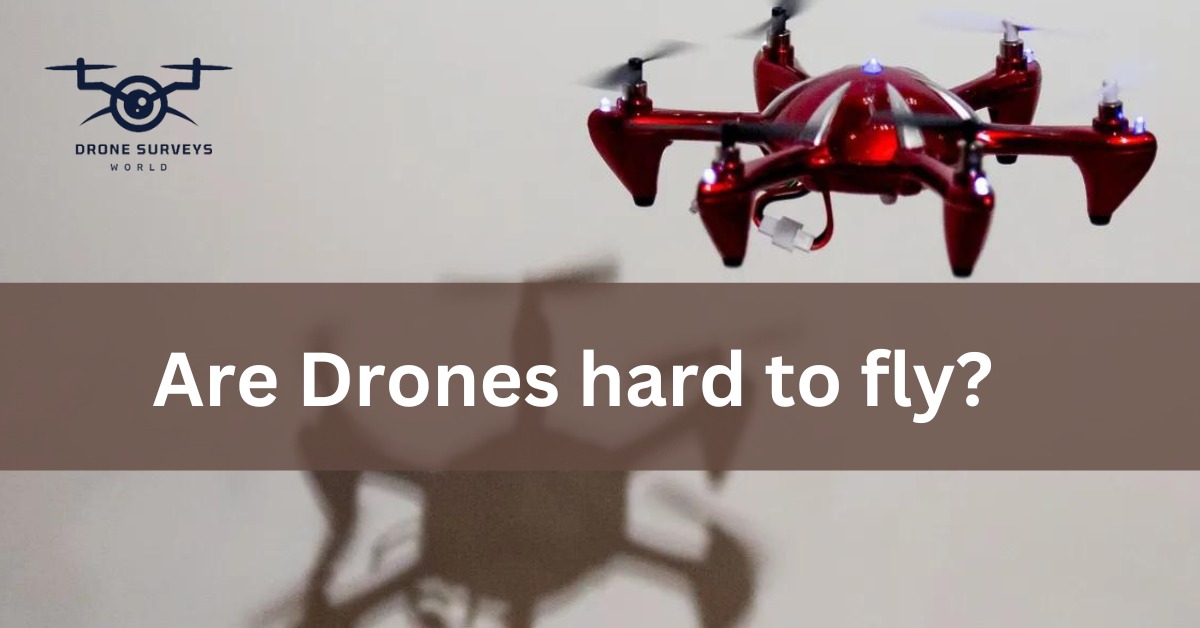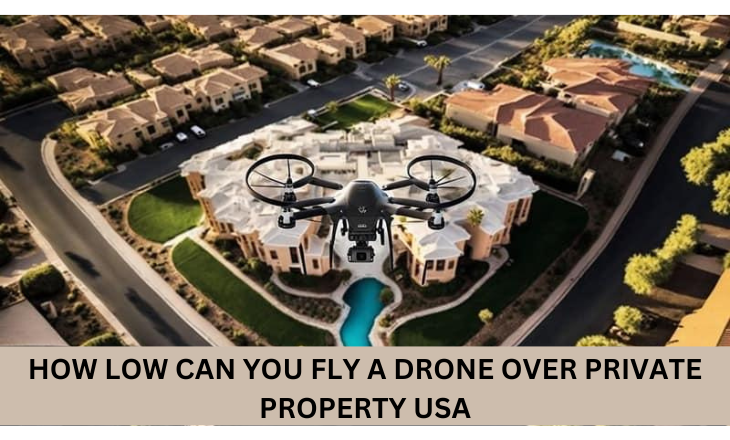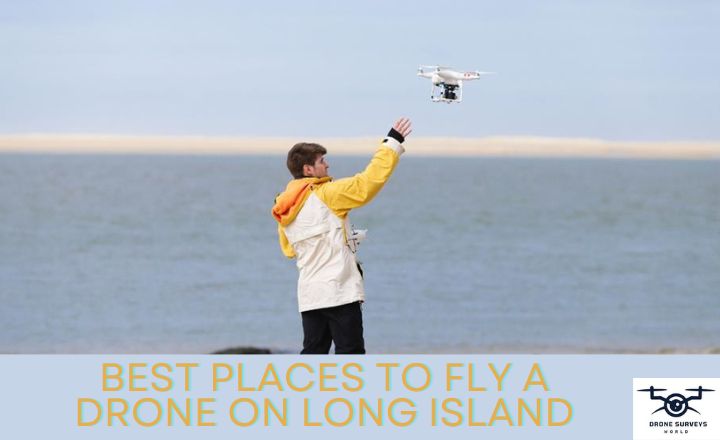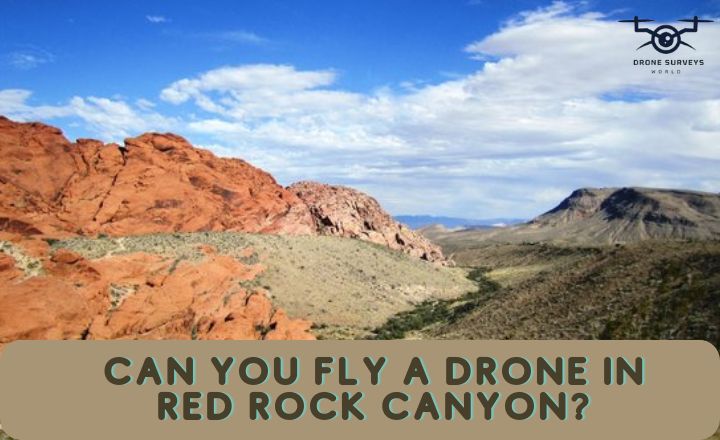Picture yourself relaxing in your backyard when suddenly, you spot a drone flying above you. This invasion of privacy can be unsettling. But don’t worry, there are ways to take back control of your airspace and protect your home from unwanted drones. This guide will help you learn how to stop drones from flying over your house by explaining the rules that govern these devices.
How To Stop Drones From Flying Over Your House
how to legally take down a drone? Try communicating with drone pilots in a friendly and informative manner. Many operators may need to be made aware of the regulations or the disturbances they cause, so a polite conversation can go a long way in resolving the issue.
If this approach fails, contact local law enforcement to report any instances of drones violating your privacy. Be sure to provide them with specific details such as time, location, and drone description for proper investigation.
As tempting as it may be to take matters into your own hands, resorting to illegal methods like shooting down drones is not only dangerous but also against the law.

Preventing Drone Flight Over Your House Legally
By familiarizing yourself with anti-drone laws and guidelines, you can take necessary precautions to prevent unauthorized drone intrusions on your property.
It is important to remember that flying a drone over private property without permission can violate federal and local regulations, potentially resulting in legal consequences for the operator. Effective communication with drone pilots is essential in preventing unauthorized flights over your house.
Understanding And Applying Anti-Drone Laws
Understanding and applying anti-drone laws is essential in the rapidly evolving landscape of drone technology. To stop drones from flying over your house, it is necessary to familiarize yourself with the regulations and restrictions set forth by your local jurisdiction.
Here are some helpful tips:
Learn FAA rules:
Ensure you are familiar with FAA rules that a drone must not fly over 400 feet and not more than 100 miles per hour..
Understand your state’s laws:
Every state has different regulations regarding the flying of drones. Ensure you follow state laws if you are willing to fly a drone.
Speak with the drone operator:
Suppose you see a drone hovering above your property without your consent. Then, find the drone operator and ask him to stop.
Use signage:
Use signage to avoid making awareness that flying drones over your property is prohibited.
Contact local law enforcement:
If you think a drone is causing discomfort to your privacy, then ask local law enforcement to help you protect your property and privacy.

Reporting Drone Rule Violations
Reporting drone rule violations is essential for keeping the airspace safe. By reporting violations to the FAA, we can prevent accidents and protect people and property. Reporting violations can also help educate drone pilots about proper flying practices and rules, promoting responsibility in the drone community.
When reporting violations, provide details like time, location, and offender information. If you see a drone exceeding 100 miles per hour, contact FFA. This helps authorities investigate and take action against violators. Reporting violations quickly help improve enforcement and ensures all drone operators follow the rules for safe flying.
Communicating With Drone Pilots
Good communication with drone pilots is essential for safe flights. Pilots need clear instructions to fly well. Privacy concerns with drones are also significant. They can affect the pilot’s reputation and public trust. It is crucial to have open and honest communication with drone pilots.
Building a trusting relationship can help solve problems during flights. Giving clear rules on privacy laws can prevent conflicts.
Enlisting Help From Local Law Enforcement
Suppose you try to communicate with the drone pilot but fail. If you are wondering what to do if a drone is still flying over your property after all the preventive measures,
Now, enlisting the help of local law enforcement can be a crucial step in addressing the situation effectively. Law enforcement agencies have the legal authority and resources to handle unauthorized drone operations efficiently and professionally.
By involving law enforcement, you can ensure proper investigation and action are taken to identify the drone operator and prevent potential threats or privacy infringements.

Exploring State Specific Drone Laws
Drone enthusiasts need to know the laws in each state. California has strict rules about where drones can fly, especially near airports and public areas.
North Dakota supports using drones for business with laws that promote new ideas. City rules can also limit where and how drones are flown. If It is for fun or work, pilots must understand these laws to fly drones legally in different states.
Avoid Unlawful Drone Stopping Methods
Knowing the laws about using countermeasures to prevent unauthorized drone activity is essential.
Using anti-drone systems or net-firing g_un’s to stop drones can lead to legal trouble. Jamming signals or disrupting a drone’s operation with technology might work, but it could cause problems with other communication systems and break the rules.
Training eagles to take down drones may seem incredible, but it raises concerns about animal welfare and risks. Shooting down drones is not a good idea because it’s unsafe and could cause damage or harm.
It’s better to find other ways to deal with unauthorized drones that focus on following the law, staying safe, and being ethical.
Deploying Anti-Drone Systems
Using anti-drone tools like signal jammers or nets without following the rules can lead to hefty fines or criminal charges. People and companies should learn how to handle unwanted drones instead of breaking the law.
Countries have rules about drones and how to handle unauthorized flights. Reporting strange drone activity to the authorities is a safe and legal way to deal with the situation.
Watch for drones and report any issues through proper channels to stay safe. Avoid using your anti-drone system to prevent legal problems.
Using Net-Firing Anti-Drone G_un’s
Net-firing anti-drone g_un’s can intercept unauthorized drones, but they have legal implications. These devices can damage drones and pose risks to people and property below if they fall.
Using these g_un’s can also violate privacy laws by capturing innocent bystanders’ devices. This could lead to legal battles and alienate communities. Authorities should find less intrusive ways to address unlawful drone incursions without causing legal problems. It is essential to prioritize safety above all else.
The purpose of the net gun may be to bring down a rogue drone; there is always the risk of unintended consequences if proper precautions are not taken. Ensuring that no people or animals are in the net’s path before firing is crucial in preventing potential harm or injury.

Jamming Drone Radio Communications
Jamming drone radio communications may seem like a quick fix, but it can have dangerous consequences. By disrupting communication signals, you are potentially interfering with other legal devices in the vicinity and putting others at risk by causing drones to behave erratically or even crash.
The Federal Communications Commission (FCC) strictly prohibits using illegal jamming equipment that interferes with authorized radio signals, including those used by drones for navigation and communication.
The Communications Act of 1934 prohibits using jamming devices that interfere with authorized communications, including those used by drones.
Training Eagles For Drone Capture
Using eagles to stop drones may seem like an innovative approach, but considering the ethical implications and potential risks is essential. By focusing on legal compliance, technological advancements, and responsible education efforts, we can effectively address unlawful drone activities without resorting to harmful or questionable methods.
We must prioritize animal welfare while ensuring safety and security in our airspace. It is important to remember that federal law protects these majestic birds from being used for such activities. Using unlawful drone-stopping methods can endanger the drone operator’s safety and violate legal regulations.
The Legalities Of Shooting Down Drones
Shooting a drone is against the law and can cause problems. It’s better to follow the rules for dealing with a drone invasion instead of damaging someone’s property. Many areas have laws about privacy and where drones are allowed to fly.
It is important to know these rules and use non-destructive methods to stop drones to avoid legal issues. Shooting a drone is a federal crime under Title 18 US Code 32 and can be dangerous to people nearby.
How To Disable A Drone On Your Property
You can disable a drone on your property by using signal jamming devices. These devices block the signals between the drone and its remote controller, causing the drone to lose connection and either land or return to its launch point.
Specialized counter-drone technology can detect and disrupt drones in real time. This technology uses methods like radio frequency jamming, GPS spoofing, nets, or projectiles to capture the drone. It’s important to be cautious and follow the law when disabling a drone on your property.
Final Thoughts
You can use barriers or technology to stop drones from flying over your house. By taking action and using these methods, you can keep your privacy and feel safe at home. Know the drone rules in your area and talk to your neighbors about any issues. Itis important to respect others’ privacy while using drones. Protect your airspace now for a safe home environment.
Frequently Asked Questions
Are there any community initiatives I can join to address drone-related concerns in my neighborhood?
Yes, community watch groups and neighborhood associations often collaborate on strategies to address drone-related issues.
Can I seek compensation for damages caused by a drone flying over my property?
Drone causes damage to your property or privacy, you may be able to pursue legal action against the operator for compensation.
is it illegal to fly a drone over private property?
No, it is not legal to fly a drone over private property without permission from the property owner.
